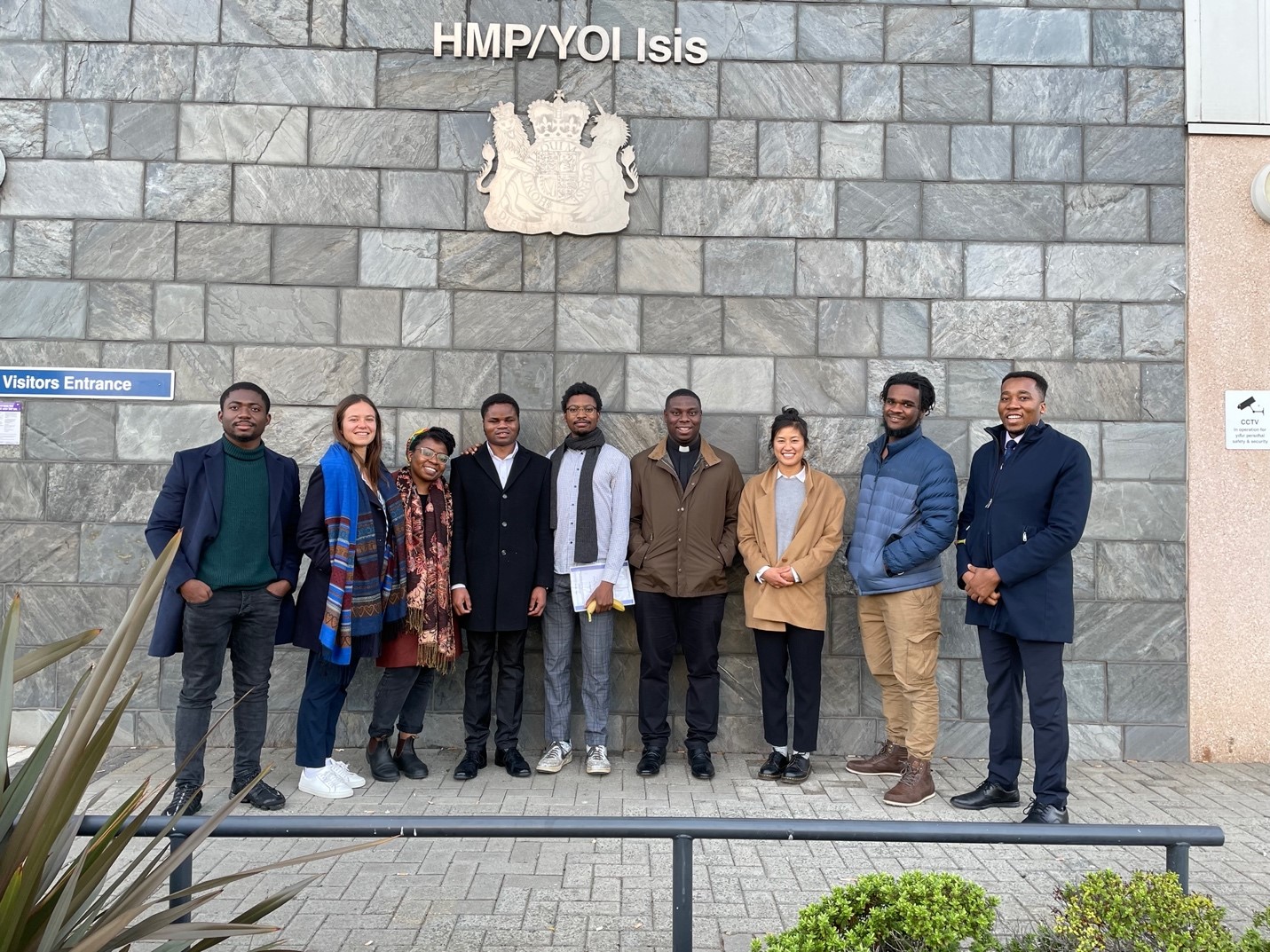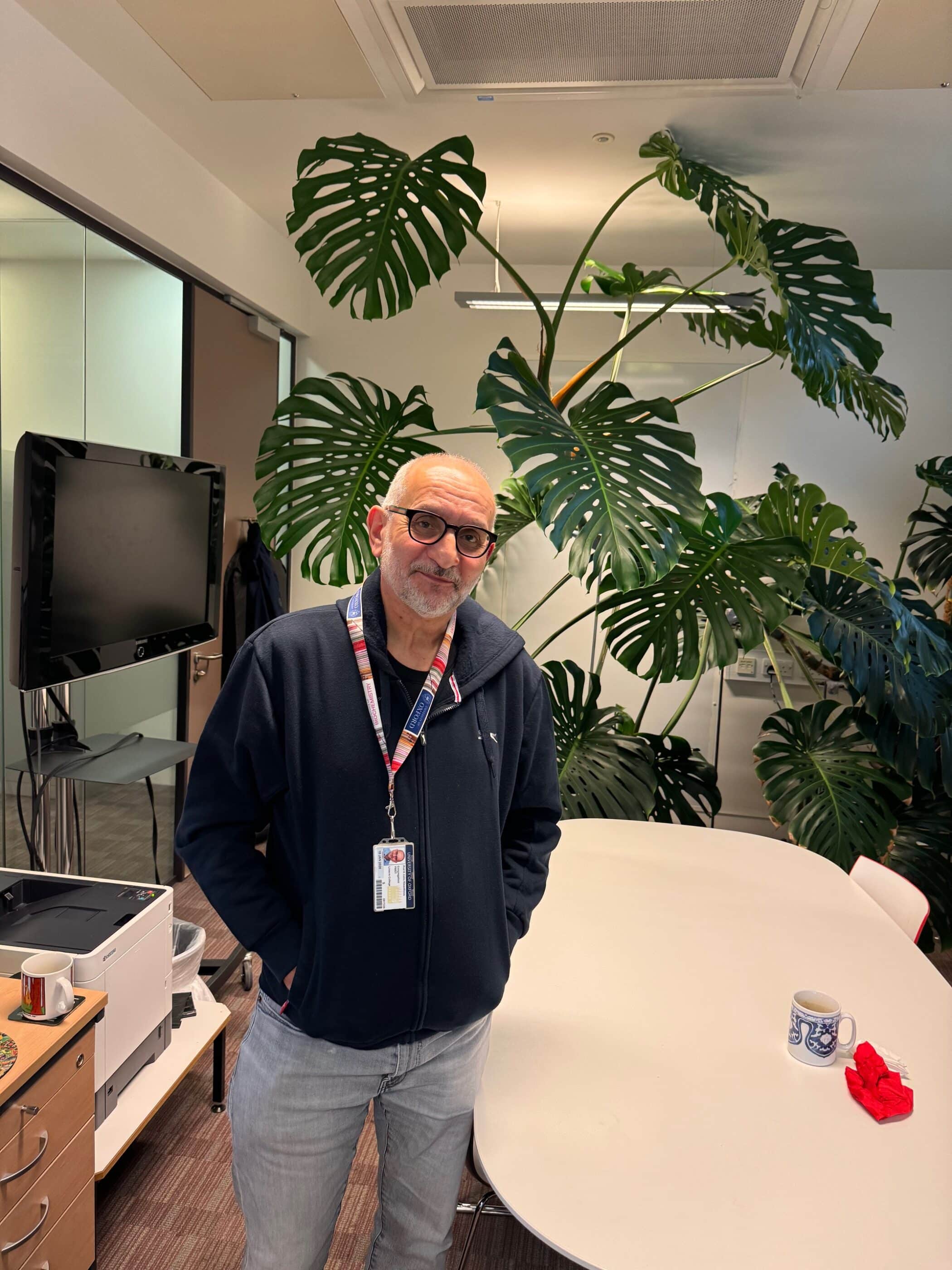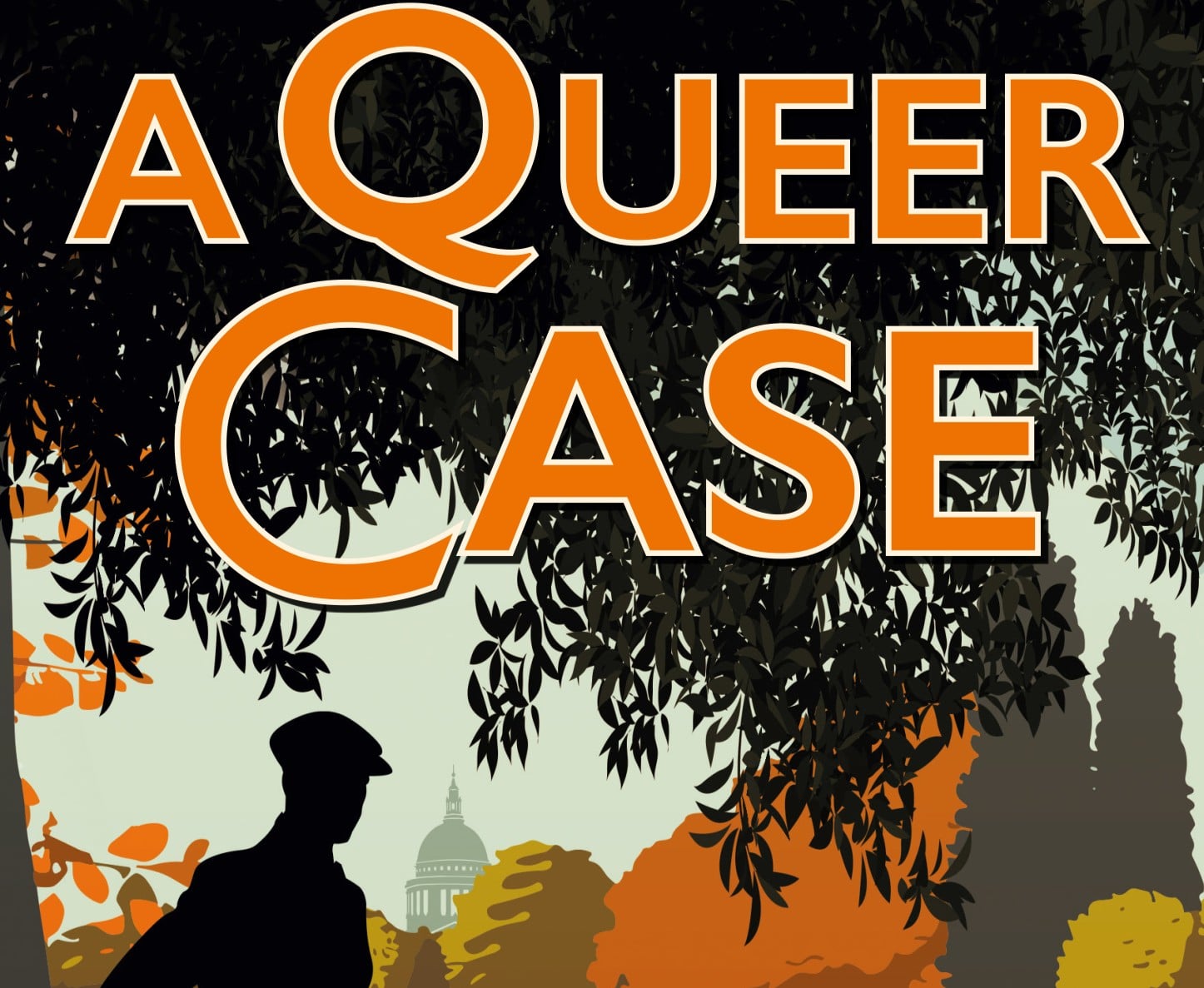We had no idea what to expect. For some of us, it would be our first time participating in a debate. And for most of us, it was our first time visiting a prison. Early on a Thursday morning in late October, we piled into a van to make our way from Oxford to Her Majesty’s Prison and Young Offenders Institution in the southeast of London. In celebration of Black History Month, the Linacre African Network and the Oxford University Africa Society had organised the third ever Isis-Oxford Debate.
When we arrived, we went through a thorough security process that involved multiple security checks. As we collected our badges, passed through door after door, and were patted down by security officers, we were reminded of how we were crossing a clear delineation that marked the boundary between the prison and the outside world.
The staff who greeted us and gave us the tour were welcoming and friendly. The prisoners, who were mostly from BAME communities, were serving time for offences ranging from dangerous driving to drug dealing and knife crime. They had access to a gym, a library, classes, and the food, cooked by prisoners, was decent. For Black History Month, prisoners had held a series of events including a MasterChef-style cooking competition. But we were also struck by their candidness.
“The prison system doesn’t work,” they admitted without hesitation. Rates of recidivism were high. The men who ended up at Isis had been failed by various systems and institutions from the very beginnings of their lives. Some of them had been recruited by drug dealers when they were as young as eight years old. It’s thus no surprise that young people robbed of opportunity, education, or support would resort to crime, and return to crime once they’ve served their sentences. However, it is also true that many of those within the prison system are guilty of heinous crimes. And while they were led down the path by their circumstances, they made the conscious decision to do those deeds, despite the hurt it would cause others. This indicates a need for addressing the processes that introduced them to and have kept them within the world of crime. Admittedly, the prison system has many shortcomings, but it is an opportunity to work alongside other prisoners on reconciliation, transformation, and rehabilitation. Pushing them to self-analyse their choices and hopefully lead to better decision making whether the causal choices were made willingly or unwillingly.
We were able to visit the cells, where inmates kindly showed us around their personal space. Within the small cells we saw, they had their own showers, TVs, electric kettles (if they were lucky, they had one for boiling water and another for cooking), and personal stockpiles of food they bought themselves from the prison commissary. The conditions were already far better when Covid-related restrictions were stricter in the prisons, the men told us. At times, visits had been banned altogether, cutting the men off from much-cherished contact with their loved ones. But now, at least, restrictions had eased, and things were largely back to the way they were before.
After the tour, we were brought to the prison multi-faith facility by Father Valentine Erhahon, an imposing figure with a wide smile. He’s the Roman Catholic chaplain as well as the Managing Chaplain for the prison and was the driving force behind the Isis-Oxford Debate, now in its third year running. (In 2020, the debate was cancelled due to the pandemic.) We gorged ourselves on a delicious lunch courtesy of the prisoners who staff the kitchen: rice with options of fish stew, goat stew, or tofu stew.
After lunch, the prisoners began to arrive for the debate. We mingled and chatted, and the initial awkwardness soon smoothed over as we got to know each other. To kick things off, Oxford Africa Society President and DPhil student Azamati Ebenezer gave a rousing keynote speech. A powerful orator and experienced debater, the audience hung onto his every word as he spoke of racism against Black communities throughout history, and the resilience of Black people in being able to rise above. Then, Femi Nylander, a former Oxford student and frequent visitor at Isis, let his talent shine as he performed beautiful spoken word poetry about the prison visit that he had penned just moments before, and sang touching acapella versions of different songs.
Then the much-awaited debate began. We had all been pre-assigned teams, either Team Isis or Team Oxford, and we sat on our respective sides of the room, facing each other. The motion was: “Racism against the black man in particular is built into the DNA of society”. Oxford would be defending the motion, while Isis would be opposing it, although the two teams were mixed with Oxford and Isis debaters on each side, respectively. The room was filled with dozens of people, including us students, the inmates, prison guards, and governing staff.
Although each side was shy to begin with, what followed was an engaging debate as Oxford students and prisoners alike exchanged arguments, which I will attempt to summarise briefly. Team Oxford argued that racism against Black people was baked into every aspect of society – its laws, history, and institutions – and that it could not be extricated from its very foundations. Team Isis argued that racism does not necessarily pervade every aspect of society, and that racism can be dismantled, and thus is not baked into society’s DNA. The floor was also opened to others not formally participating in the debate, including staff members who gave their views on racial issues in society.
In the end, after a round of deliberations, the team of judges that included two prisoners, a warden and former Oxford DPhil student Ndjodi Ndeunyema as Chief Justice, declared Oxford the winner. Two different plaques had been prepared, and Father Valentine ceremoniously glued the one with Oxford’s name on it to the small wooden chest that bore the names of the previous winners: Oxford one year, and Isis the next. Then, Annette Riziki, the convenor of the Linacre African Network, presented Father Valentine with gifts of inspirational books, which would be added to the chapel’s library for the inmates’ perusal. Finally, we shook hands and said bye to our now new friends.
Our visit to Isis and exchanges with the young men made us Oxford students to ponder the vastly different circumstances and events that led to our respective positions within society: one group of us were immensely privileged as students at one of the world’s most elite universities; another group of incarcerated young men who likely never had the same opportunities or support we did. But the day proved to us all that the chasm could be easily breached, perhaps a bit awkwardly at first, through the simple but powerful act of talking and sharing ideas.
Laurel Chor, on behalf of the Oxford team: Annette Riziki, Ebenezer Azamati, Femi Nylander, Temitope Ajileye, Eloise Charreyron, Godwin Nwangele and Ndjodi Ndeunyema.


















